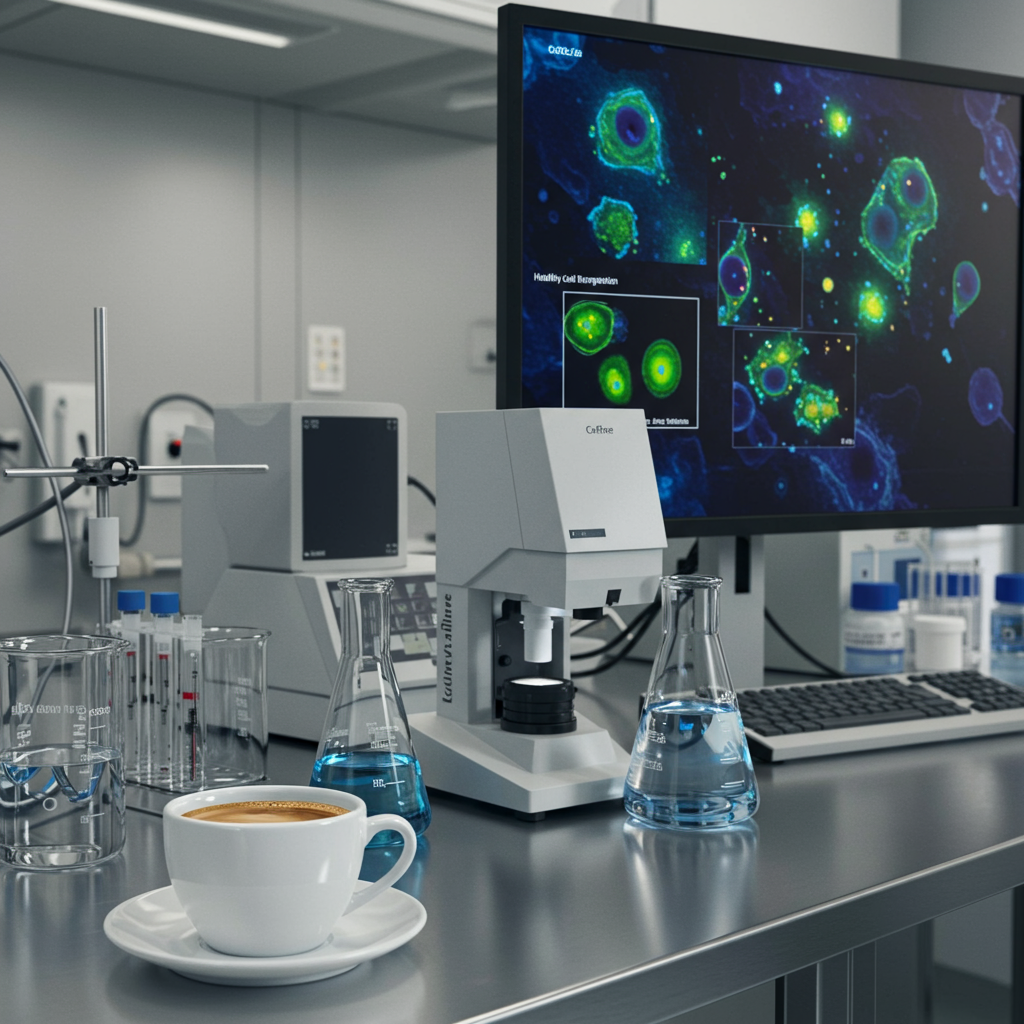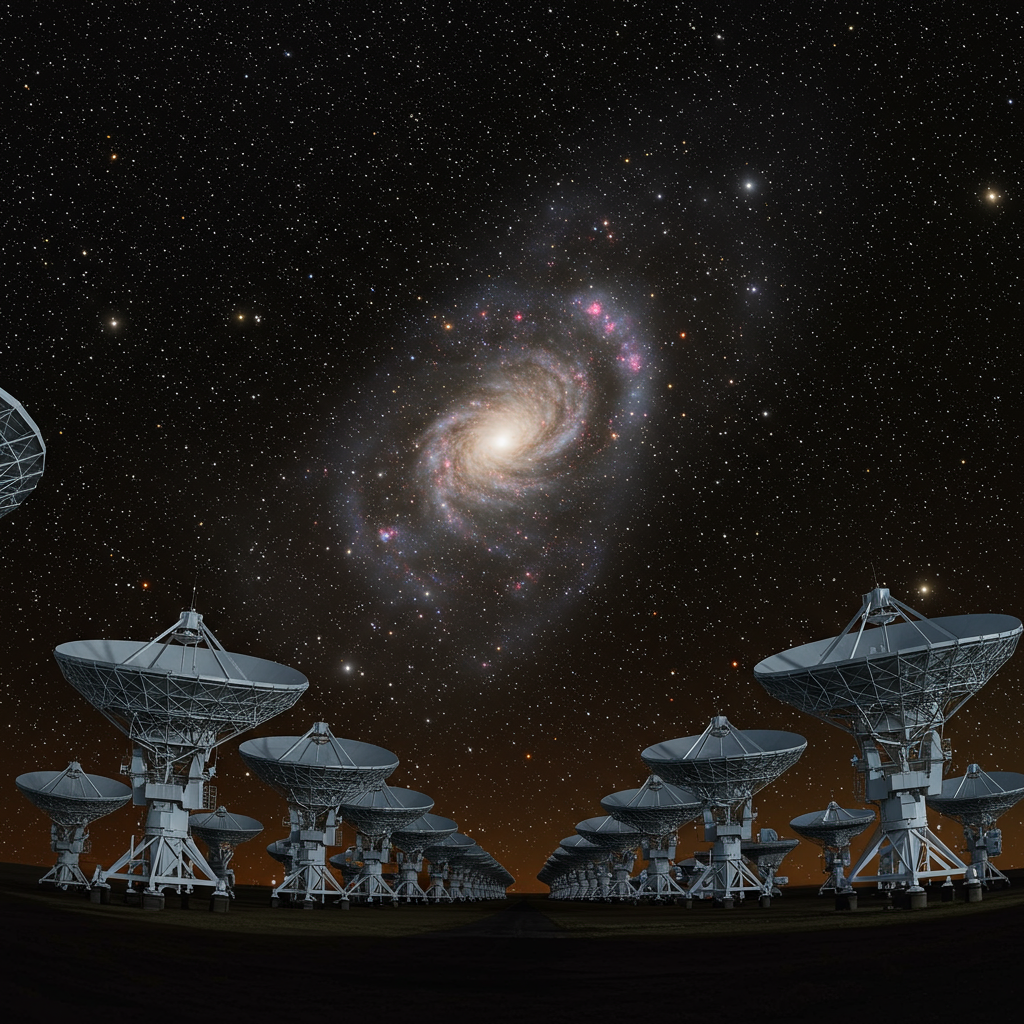Think of caffeine as more than just a morning pick-me-up. The world’s most popular neuroactive compound has long been associated with potential health benefits, including a reduced risk of certain age-related diseases. But the precise cellular mechanisms behind these links have remained largely unknown – until now.
A groundbreaking new study from the Cellular Ageing and Senescence laboratory at Queen Mary University of London sheds light on how caffeine might play a role in slowing down the aging process at the cellular level.
The Core Discovery: Caffeine’s Cellular Secret
Using fission yeast, a single-celled organism surprisingly similar to human cells, researchers investigated caffeine’s impact on fundamental cellular functions. Their work, published in the journal Microbial Cell, built upon previous findings from the same team that suggested caffeine influenced cell lifespan by acting on TOR (Target of Rapamycin), a crucial molecular switch that regulates growth based on nutrient and energy availability.
However, this latest research revealed a surprising refinement: caffeine doesn’t directly interact with the TOR growth switch. Instead, it works by activating another ancient and vital cellular energy system: AMPK (AMP-activated protein kinase).
AMPK: The Cell’s “Fuel Gauge” and Stress Fighter
“AMPK acts like a cellular fuel gauge,” explains Dr. Charalampos (Babis) Rallis, Reader in Genetics, Genomics and Fundamental Cell Biology at Queen Mary University of London and senior author of the study. “When your cells run low on energy, AMPK activates to help them cope.”
The study found that caffeine helps “flip that switch,” activating this crucial AMPK pathway. This activation is key because it appears to enhance cell resilience. By mimicking a state of energy scarcity, AMPK prompts cells to boost their protective mechanisms. This helps them better manage various forms of cellular stress, including damaging processes like oxidative stress and protein misfolding, which are known contributors to the wear and tear associated with aging and age-related diseases like Alzheimer’s and Parkinson’s. In essence, caffeine, via AMPK activation, seems to help cells better withstand the challenges that come with age.
Why This Matters for Aging and Longevity
How does AMPK activation tie into aging? The researchers showed that caffeine’s effect on AMPK influences fundamental cellular processes vital for maintaining health and longevity: cell growth regulation, the ability to repair damaged DNA, and effective response to stress. These functions are all intimately linked to how quickly and how well our cells age.
This finding is particularly significant because AMPK is also the molecular target of metformin, a common diabetes drug that is currently being investigated for its potential to extend human lifespan. Tapping into similar ancient pathways suggests caffeine might influence fundamental biological processes related to aging.
Understanding these mechanisms fits into the broader context of aging research. Scientists increasingly view aging not merely as a chronological progression, but as a gradual accumulation of damage and defects in our molecules and cells. While researchers are developing tools to measure the pace of this biological aging, studies like the one from Queen Mary University offer clues on how to potentially intervene at the cellular level to maintain health longer. This research also adds context to the idea that aging may not be a smooth, linear process, but one that involves significant shifts in cellular function and metabolism during specific periods of life, like the mid-40s and early 60s.
What This Means for Your Coffee Cup and Future Research
“These findings help explain why caffeine might be beneficial for health and longevity,” says Dr. John-Patrick Alao, the postdoctoral research scientist leading the study.
While this research provides exciting new insights into a potential cellular mechanism, it’s important to remember that the primary experiments were conducted in fission yeast. However, the findings open intriguing possibilities for future research. Could scientists develop new medicines or specific dietary or lifestyle interventions that more directly target and activate the AMPK pathway, potentially mimicking or enhancing the protective effects observed with caffeine?
Scientists are actively exploring these avenues, potentially optimizing caffeine-like compounds or related pathways for therapeutic use aimed at promoting healthier aging. Yet, amidst the search for new interventions, experts also emphasize the power of established healthy habits. Research highlights that lifestyle choices like regular physical activity, healthy eating, managing stress, and ensuring good sleep are already incredibly effective tools for influencing our biological age and promoting longevity and well-being.
So, while your daily coffee might be giving your cells a helping hand through AMPK activation, combining it with proven healthy behaviors remains the most powerful strategy for supporting your body’s resilience against aging. This study adds another fascinating layer to our understanding of how what we consume impacts us at the most fundamental level – our cells.




